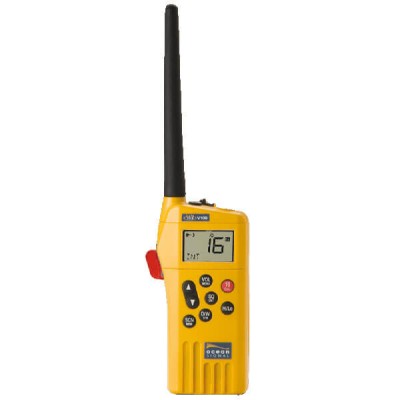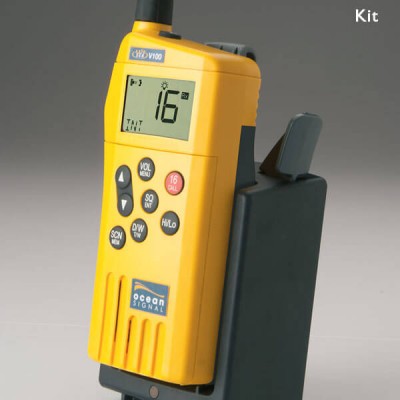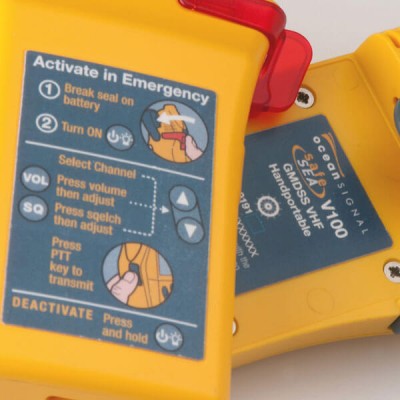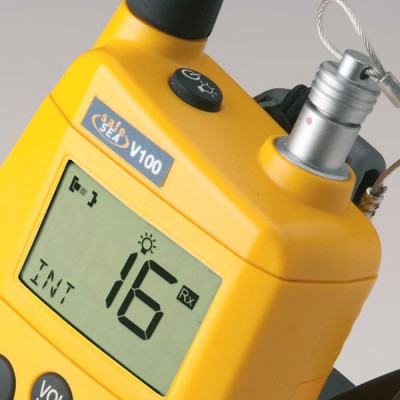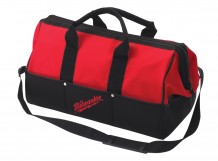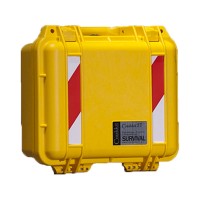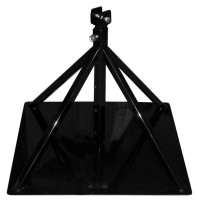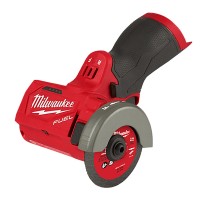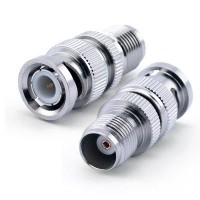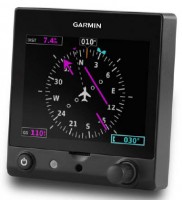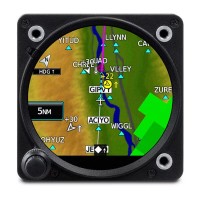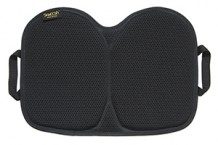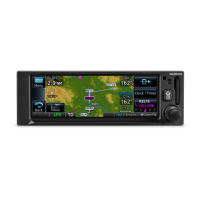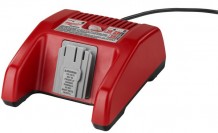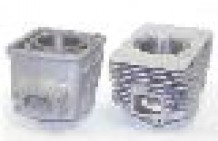1-877-795-2278 | info@aircraftspruce.ca
Aircraft Spruce Canada
Brantford, ON Canada
Corona, CA | Peachtree City, GA
Chicago, IL | Wasilla, AK
Aircraft Spruce Canada
Brantford, ON Canada
Corona, CA | Peachtree City, GA
Chicago, IL | Wasilla, AK
FREE SHIPPING ON ORDERS OVER $699 (SOME EXCLUSIONS APPLY) | 877-795-2278
Ocean Signal Safesea V100 Gmdss Handheld VHF Radio Kit
$1372.00/Each
Part# 13-20262
MFR Model# 720S-00614
MFR Model# 720S-00614
Overview
The Ocean Signal range of survival craft VHF hand portable radiotelephones exceed the requirements of IMO, SOLAS and GMDSS.
The novel battery protection tab means the primary battery can be permanently attached to the radio without fear of losing its charge. The radio will always be available for use in times of emergency without the need to remove protective labels or the like before use. Simply break off the red protective tab and the radio will be immediately ready to turn on. For everyday use, Ocean Signal offers a lithium polymer rechargeable battery (RB5V) option is available. The quick release rapid charger provides the ideal solution for keeping the batteries fully charged. For routine testing of the V100 an alkaline, non-rechargeable, battery (TB6V) is available. This battery has limited life for testing only and not suitable for operational use. |
Specifications
Transmitter- Output Power (High):2.5Watts
- Output Power (Low):1Watt
- Modulation:±5kHz(max) FM
- Emission Designator:16K0G3EJN
- Pre-Emphasis:6dB/octave (300Hz to 3kHz)
- Spurious Emissions:<0.25ìWatt
- Sensitivity (20dB SINAD):-117dBm
- Audio Output Power:0.4W
- Adjacent Channel Rejection:>70dB
- Intermodulation Rejection:>68dB
- Spurious Response Rejection:>70dB
- Spurious Emissions:<2nWatt
- Number of channels (GMDSS: simplex only)21
- Primary:Lithium
- Chemistry:Lithium/Iron Disulfide (Li/FeS2)
- Operational Lifetime (10% Tx:10% Rx:80% Squelched):>16hours
- Replacement interval:5years
- Rechargeable:Lithium Polymer
- IEC60945 Category:Portable
- Operating Temperature Range:-20°C to +55°C
- Storage Temperature Range:-30°C to +70°C
- Humidity:93% @ +40°C
- Waterproof:1metre for 30minutes
- Thermal Shock:100mm with 45°C drop for 1hour
- Drop proof (onto hardwood surface):1metre (6 faces)
- Height (Body only): 141mm
- Width: 68mm (70mm inc. battery tab)
- Depth: 37mm
- Approval Standards: (GMDSS)
- IMO regulations: A.694(17); MSC.149(77)
- VHF: IEC61097-12
- EMC: IEC60945
- European approval: Marine Equipment Directive A.1/5.17
- USA standards (GMDSS): CFR47 part 80.1101
Q&A
Please note, Aircraft Spruce Canada's personnel are not certified aircraft mechanics and can only provide general support and ideas, which should not be relied upon or implemented in lieu of consulting an A&P or other qualified technician. Aircraft Spruce Canada assumes no responsibility or liability for any issue or problem which may arise from any repair, modification or other work done from this knowledge base. Any product eligibility information provided here is based on general application guides and we recommend always referring to your specific aircraft parts manual, the parts manufacturer or consulting with a qualified mechanic.

 Aircraft Spruce Canada
Aircraft Spruce Canada
